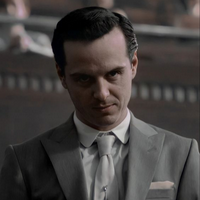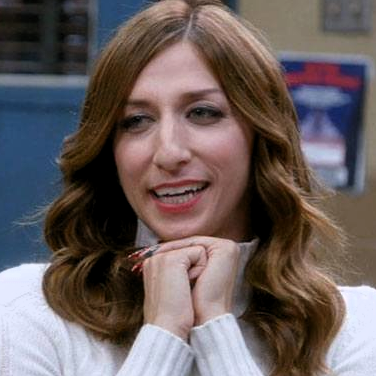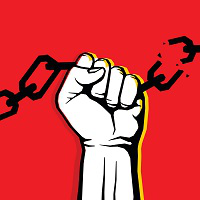Bela Malhotra MBTI Personality Type
Personality
What personality type is Bela Malhotra? Bela Malhotra is an ENTP personality type in MBTI, 7w8 - sx/so - 749 in Enneagram, SLUAI in Big 5, ILE in Socionics.
Okay I understand the point you guys make regarding the ENFP also wanting to please and be admired by others, but the situation is this: Bela not only wants and strives to please others, but also feeds back on their emotions. Just take into consideration every time Bela came up with an idea and didn't feel complete executing it unless she involved the other girls in it (it reminds me a little of how Barney Stinson every time he thought of something he had to go to tell Ted for approval). And even something curious is that she always has some personal justification that induces the other girls to follow her, a kind of explanation that she gives without anyone asking her (Ti). Just remember the episode where she literally wrote down a list of individual reasons for each of the girls to come with her to the nude party. And not only this, something that I have also noticed is that she is about reflecting the emotions of others and adapting to them. Just take into consideration how after Priya told her how excited she was to be with boys she immediately changed her “angry” mood and “mirrored” her emotion, trying to seem as excited as her to give courage. And I imagine that many can take the “argument” that she gave to Eric in the apology as an example Fi: “you should forgive me because I feel bad.” And with respect to this, I have 2 tangents from which I can support it: 1. I still think that this can continue to be supported by tertiary Fe, in the sense of using the fact that she feels bad as a justification so that the other person can verify this and sympathize. All of this under the logic of: “if I see that someone else is feeling bad, I would have to feel bad too, I have to replicate the emotions that this person is showing me” this being a scheme that SHE has and therefore thinks that others do too (she thinks that others use Fe just like her). And it's not until she finally verifies Eric's emotions that she decides to replicate them (and keep in mind that she wasn't even aware of Eric's emotion until he explicitly mentioned it to her, although she can read the emotional atmosphere GENERAL does not do it as thoroughly individually, it needs additional support which is primarily due to the "inferior" tertiary position of the function in contrast to a Fe dom or aux like Brittany, who count this as their highest priority) . 2.We must consider that the sexual 7 are the most emotional conjunction of the enneatype, so it is evident that this most open expression of emotions will be present. But aside from this last moment, I ask thoughtfully: when has Bela acted based on her emotions? Genuinely speaking. All her actions are supported by such an individual logic (and to a certain extent distorted), which is supported by the external understanding that Fe gives her. Let's say, for example, when she changed the cover of The Catullan and she did it because according to her Eric had made it clear to her that they were competing so her stealing the idea would just be another tactic within this scenario that he himself established, so there would be NO POINT in getting angry about it. And even she follows this same reaction logic by giving an “understanding” response when he did the exact same thing to her. Or when she cheats on Eric, something fundamental is determined here: Instead of having an internalized value system, she has an internalized RATIONAL system to which she gives a much higher priority. And you can even verify this in her initial reaction after doing it “okay I cheated on Eric, what should I do? Should I tell him? No, I think it makes a lot more sense to keep it a secret because telling him that would make him feel bad.” (Ti-Fe). And you even see how to make this moral decision she resorts to the support of others instead of her own “value system”, the way in which she sees and analyzes emotional situations is supported by a general, broad and archetypal scheme, based on “what should be done” rather than “doing what best aligns with my identity and what I consider to be right.” And even this is evident when she tries to apologize: “I know you are angry and in fact you should be (I follow this general archetype of how people react to these conflicts and I take my cues from it).”
























